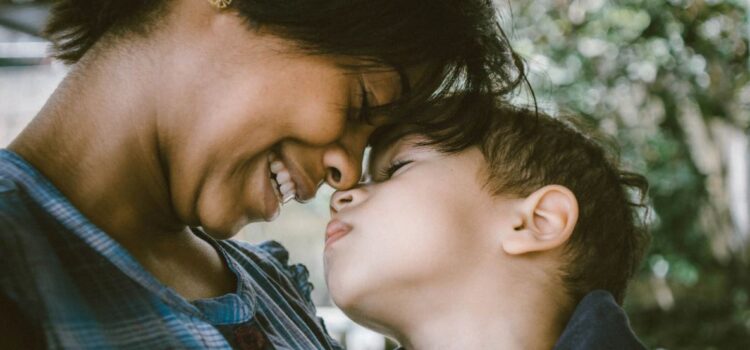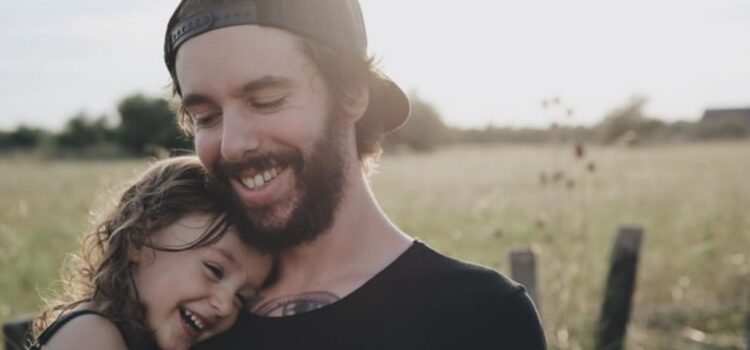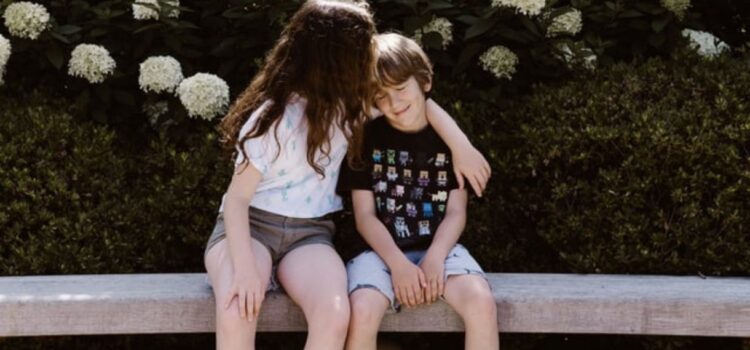Do you live in a state of chaos at home? Do you worry that other people’s lives are perfect and your life isn’t? In truth, we all are living in a state of chaos, no matter how things appear, and we handle it in one of three ways: Ignore the chaos, battle the chaos, and drown in the chaos. The answer is: embrace the beauty of chaos. Continue reading to discover how you can stop comparing your life to others and enjoy your state of chaos .
Embrace the State of Chaos: It Can Be Beautiful










